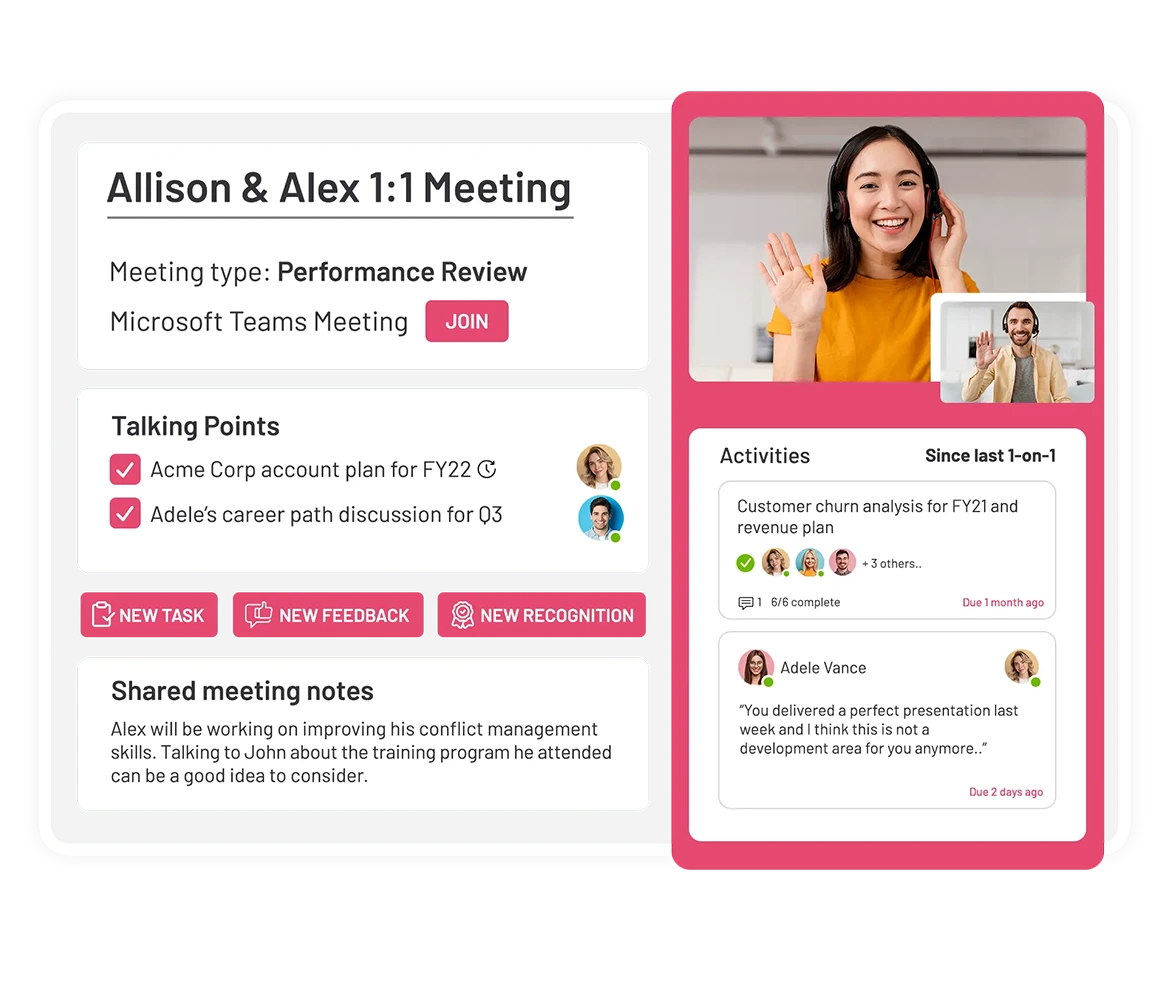The current landscape of talent acquisition is highly dynamic and fast-paced and the interview process is an incredibly pivotal point for employers as well as the candidates. So what makes this process efficient? The simple truth is that asking the right questions is how the interviewers shape the conversation in a way that’s beneficial.
Beyond the traditional questions we’re all used to, there is a more strategic approach available to all employers that can help them acquire a deeper understanding of the candidates’ mindset and abilities. This is essentially why strategic interview questions are a key component of modern recruitment.
Strategic interview questions are thoughtfully crafted to prompt clear answers to your strategically planned questions that allow you to understand whether the candidate is a good fit and will be a good addition to your organization. In essence, strategic interview questions serve as a profitable and precious tool that will be worth your while.
Follow along with our tips and let’s unravel the significance of your interview questions together! It’s high time to craft strategic questions that can not only assess but also uncover the true potential of individuals who can shape the future of your team.
Table of Contents
Types of Strategic Interview Questions
You can divide your strategy when comes to interview questions into four main types. Let’s take a closer look at each and give you a better angle on strategic interview questions.

- Behavioral Questions: The main aim of these strategic interview questions is to have a better sense of a candidate’s responses to certain situations, and reveal important information regarding their problem-solving and decision-making skills. When you ask a candidate about their examples of certain events in their professional history, you’re also providing space for yourself to see their behavioral tendencies in real-world scenarios.
- Situational Questions: Similar to behavioral questions, situational strategic interview questions provide a closer look into how an individual navigates specific circumstances. However, these questions are more likely to present hypothetical scenarios the candidate is likely to face in the position they are interviewing for, rather than a broader question like they would be asked in behavioral strategic interview questions.
- Critical Thinking Questions: Critical thinking questions are the type of strategic interview questions for strategic planning that reveal the candidate’s ability to analyze information, and make informed decisions upon their deductions. These type of strategic questions is designed to understand the candidate’s thought process and their logical reasoning skills. This way, you can have a better assessment of their overall capabilities.
- Cultural Fit Questions: Last but not least, cultural fitness-related questions are strategic questions for candidates that evaluate how well they would match with the company’s current culture including its values, mission, and work environment. By implementing these questions into your strategic interview planning, you can assess whether the candidate is aligned with the principles your organization embodies. They are especially helpful for your strategic planning to ensure harmonious integration into your organizational strategy and structure.
Consider these types of strategic interview questions when you’re planning for your interviews and recruitment processes to ensure a well-rounded analysis of your possible employees and whether they can provide the value your organization requires from them or not.
Strategic Interview Question Examples
When you’re mapping out your strategic questions, feel free to take a few examples from the lists we curated below and bring ease to your strategic planning process!
Behavioral Questions Examples
- Can you share a specific example of a time when you had to work closely with a diverse team to achieve a common goal? How did you contribute to the team’s success?
- Describe a challenging problem you encountered in your previous role. What steps did you take to analyze the situation, and what was the outcome?
- Tell me about a time when you had to adapt to a significant change in your work environment or project. How did you handle the transition, and what did you learn from the experience?
- Can you provide an example of a situation where you had to take the lead on a project or initiative? How did you motivate and guide your team toward success?
- Describe a situation where you had to communicate a complex idea to a team or stakeholder. How did you ensure that your message was clearly understood, and what was the outcome?
- Share an example of a project or task with tight deadlines. How did you prioritize your work and manage your time effectively to meet the deliverables?
- Tell me about a time when you identified an opportunity for improvement in a process or workflow. What steps did you take to implement the change, and what impact did it have?
- Can you discuss a situation where you encountered conflict within a team? How did you address the issue, and what steps did you take to resolve it?
- Share an experience where you went above and beyond to meet a customer’s needs or resolve a customer complaint. What was the outcome, and how did it contribute to customer satisfaction?
- Describe a situation where you had to make a tough decision with limited information. What factors did you consider, and how did your decision impact the project or team?



